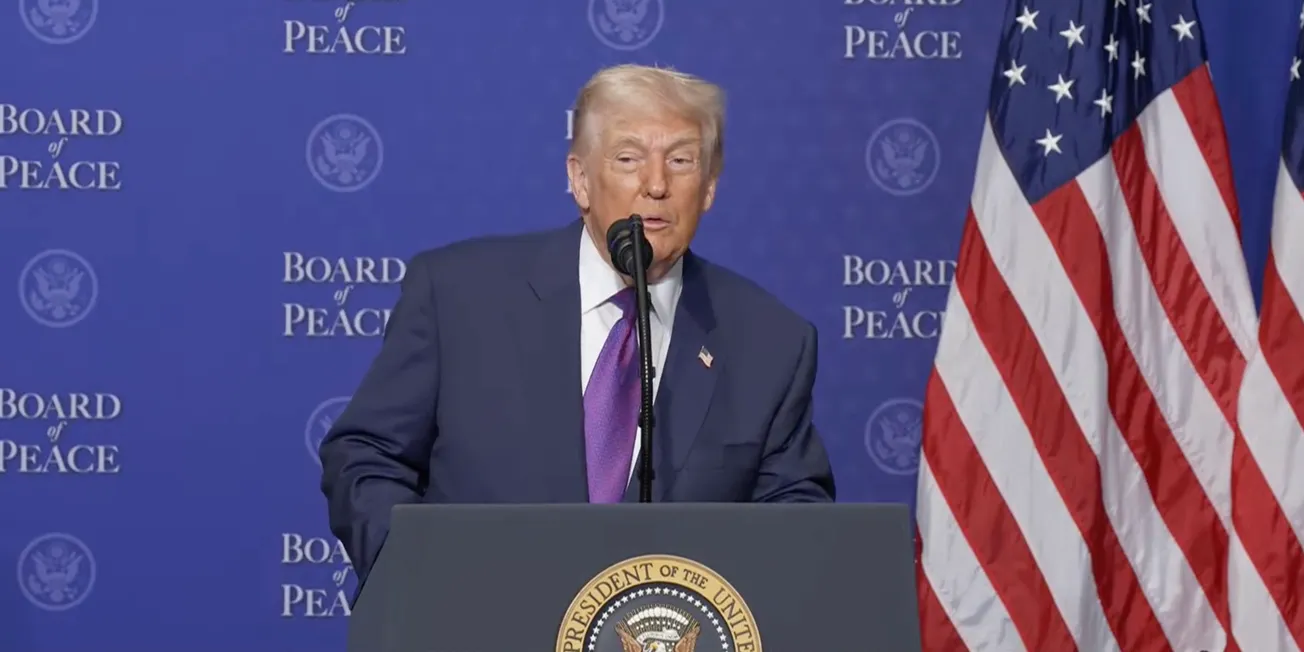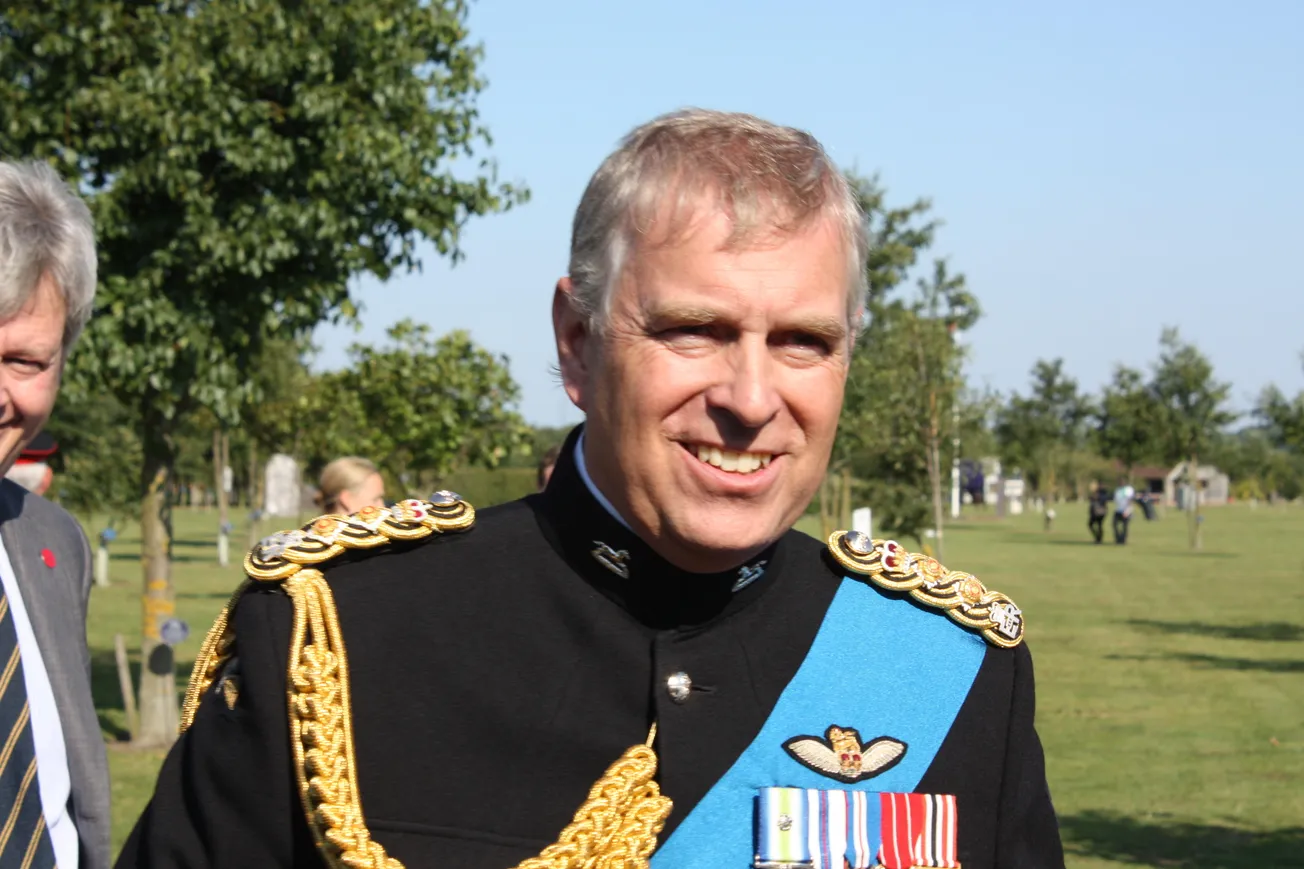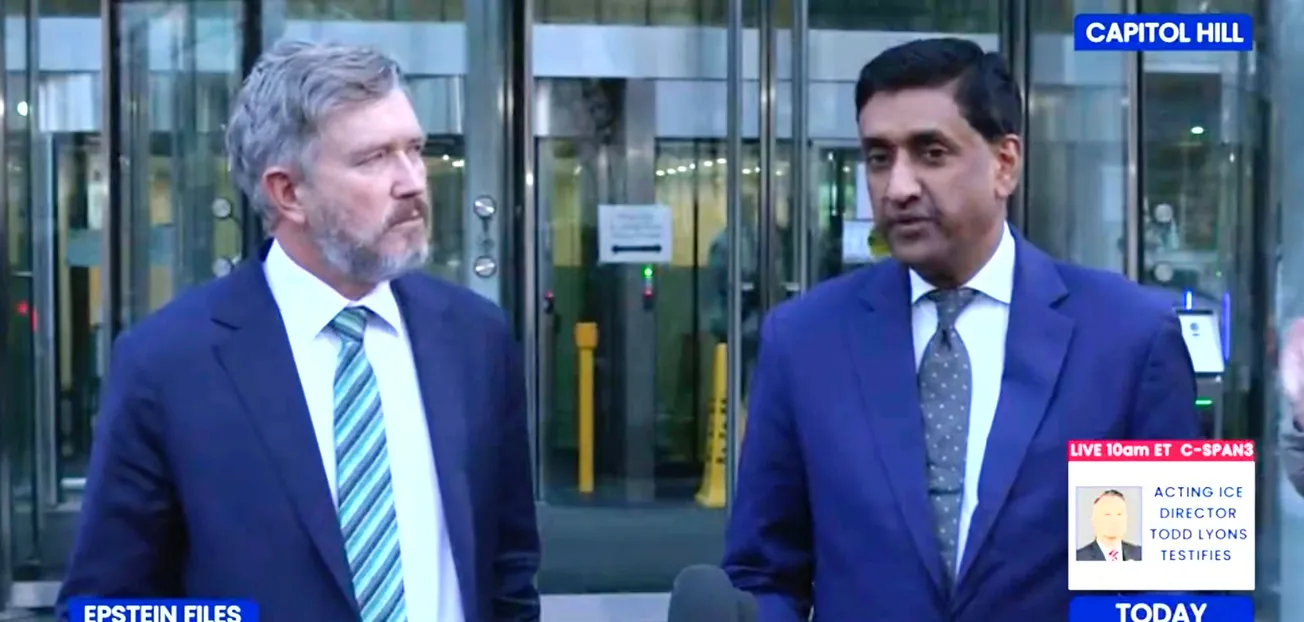The International Institute for Peace (IPP), based in Vienna, sponsored a forum today on the subject of a “Peaceful Solution for Ukraine.” Among the speakers were three leading experts fighting to stop the rush for war between the U.S. and Russia: the last U.S. Ambassador to the Soviet Union Jack Matlock; Anatol Lieven, a former British journalist now with the Quincy Institute; and Nicolai Petro, a former State Department officer on Russia, now at the University of Rhode Island.
Ambassador Matlock began by reviewing the “failure of 1989,” as a moment in which all of Europe could have been demilitarized and brought together around a common purpose. Instead, Western leaders claimed, falsely in his view, that the West had “won the Cold War.” But the breakup of the U.S.S.R. took place after the end of the Cold War, as an agreement between Russian leaders and the former Soviet states. Thinking the West “won,” the likes of Francis Fukuyama declared the “End of History,” promoting regime change to force liberal democracy. Serbia was the first illegal war, without UN authorization. The expansion of NATO re-militarized relations in Europe.
The only solution for the Ukraine crisis, Matlock said, is federalism, autonomy for the Donbas as in Minsk II. But Kiev is rejecting it, thinking NATO will back them, which is not true, as shown over these past weeks. We must end the imperial division of “East vs. West,” and unite behind common aims.
Anatol Lieven fully supported Matlock, adding that Austria and Finland are examples of neutrality and a model for Ukraine. The Maidan coup, forcing Ukraine to choose between East and West, was a disaster. Kiev refuses to follow Minsk II because they know it would rule out ever joining NATO. War is not likely, other than by “catastrophic mistakes,” but that is possible. The idea that Ukraine has gained “free market democracy” as promised is a fraud—the per-capita GDP of Ukraine is now one-third that of Russia’s.
The 1914 war was launched with each side believing they were fighting for a “superior civilization,” and they destroyed each other, Lieven said. He recited a poem which had a series of ghosts of soldiers from different wars, with each verse ending: “I died for freedom, this I know, Those who sent me told me so.”
Nicolai Petro addressed the internal conflict in Ukraine, noting that it has gone on for 150 years, by those who demand a “civilizational choice” between those who want a shared identity with Russia and those who denounce all things Russian—politics, economics, culture, science. Three major battles: World War I, World War II, and 2014. “The obvious solution is federalism, which has been proposed several times over these 150 years. However, in Kiev today, calling for federalism is considered treasonous. Kiev, Petro said, has passed a law that will give the people of Donbas only “limited human rights” after reuniting the country, for 20 years. He called for a “truth and reconciliation” process.
The first question taken was from the Schiller Institute’s Pat Salisbury, addressed to Ambassador Jack Matlock and Anatol Lieven. The question was:








